Generic Glucophage (Metformin)
Metformin is an FDA-approved antidiabetic agent that manages high blood sugar levels in type 2 diabetes patients. It lowers the production of glucose in the liver, lessens intestinal absorption of glucose, and increases insulin sensitivity. Exercise and dietary modifications are advised in addition to metformin for optimal outcomes.
Glucophage Information :
Uses :
Type 2 diabetes is treated with metformin. It is a member of the biguanide class of anti-diabetic medications. Type 2 diabetes is a long-term, chronic illness that impairs how our bodies use glucose. When blood glucose control with diet and exercise alone is not possible for type 2 diabetes, a prescription for metformin is issued.
Metformin is a component of metformin, which functions by reducing the quantity of glucose produced by the liver and the quantity of glucose absorbed from food. It also heightens the body’s reaction to insulin, an organic compound that regulates blood glucose levels. Consequently, metformin aids in regulating blood glucose, or sugar, levels.
Metformin tablet is best taken with food to avoid nausea and abdominal pain. For maximum benefit, take it daily at the same time on a regular basis. Unless your doctor advises you to stop taking this medication, you shouldn’t. The way you live affects how well you manage your diabetes. Consequently, while taking this medication, it’s critical to adhere to the diet and exercise regimen prescribed by your physician.
Precautions & Warnings :
If you have severe kidney disease, diabetic ketoacidosis, metabolic acidosis, or are allergic to any of the medication’s ingredients, do not take metformin. Notify the physician of any dehydration, infections, issues with the liver or kidneys, uncontrolled diabetes, heart issues, or low vitamin B12 levels. If you are nursing a baby or pregnant, see a doctor. Seek medical assistance if you suffer from dehydration (severe vomiting, diarrhoea, exposure to heat, fever, or if you drink less fluid than normal) or lactic acidosis (vomiting, abdominal pain, cramping in the muscles, extreme exhaustion, difficulty breathing, and decreased body temperature and heartbeat).
Side Effects :
The following is a brief summary of some of the mild side effects that oral Metformin tablets may have. Consult your physician or pharmacist, or review the prescribing information for Metformin oral tablet, to find out about additional mild side effects.
Metformin oral tablet mild side effects that have been documented include
- Diarrhea
- Nausea
- Vomiting
- Indigestion
- Headache
- Abdominal discomfort
- Weakness
- Flatulence
- Loss of appetite
Many medications have mild side effects that usually go away in a few days or weeks. Consult your physician or pharmacist, though, if they start to cause you problems.
Interactions :
Tell your physician if you are taking levothyroxine, furosemide, or insulin glargine, an anti-diuretic.
Let the doctor know if you have low blood sugar, low vitamin B12 levels, liver or kidney issues, or lactic acidosis.
Overdose :
If someone has overdosed and is experiencing severe symptoms, such as unconsciousness or difficulty breathing, call 911. If not, immediately contact a poison control center.
Missed Dose :
Try to take it at the same day every day. Do not double the dose if missed.
Storage :
Store at room temperature away from light and moisture. Do not store in the bathroom. Keep all medications away from children and pets.


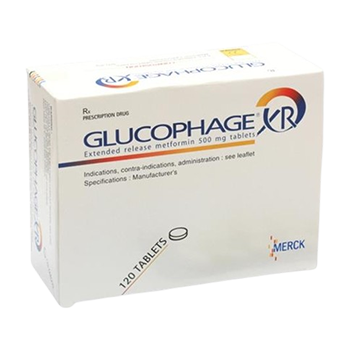

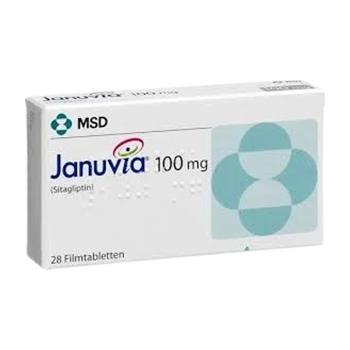
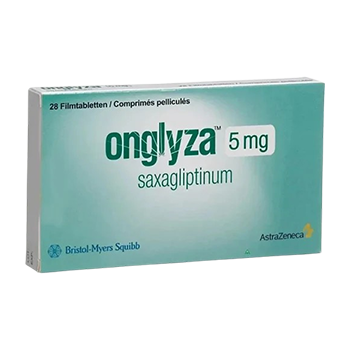
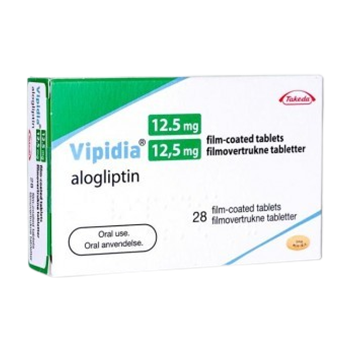
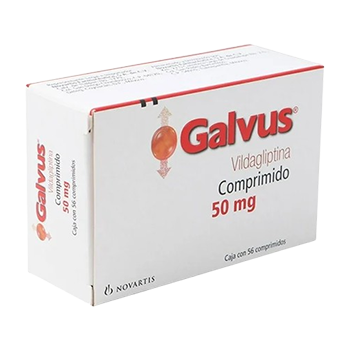
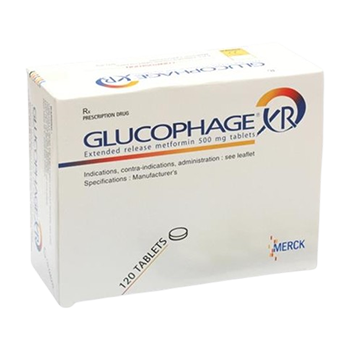




Reviews
There are no reviews yet.